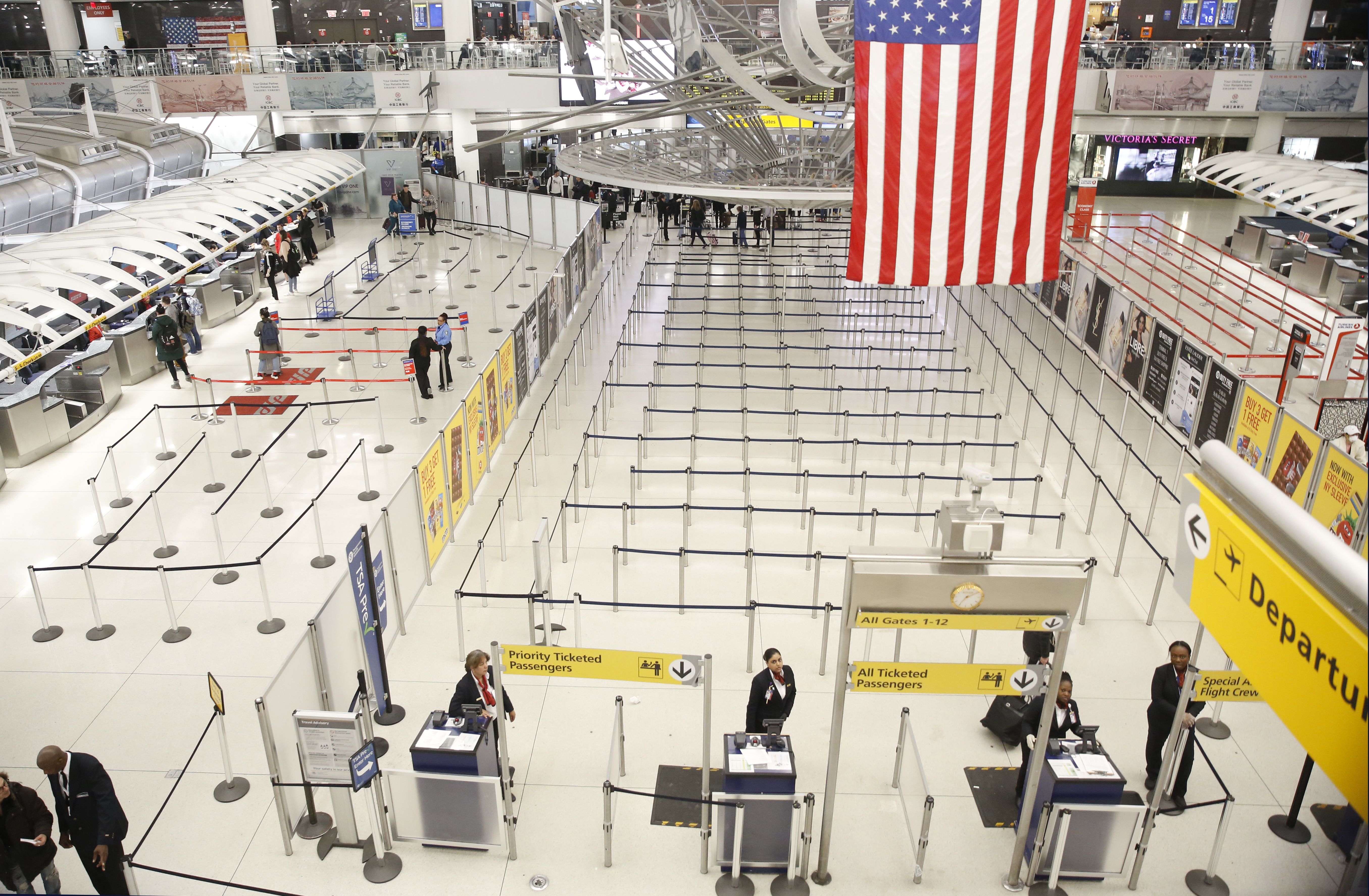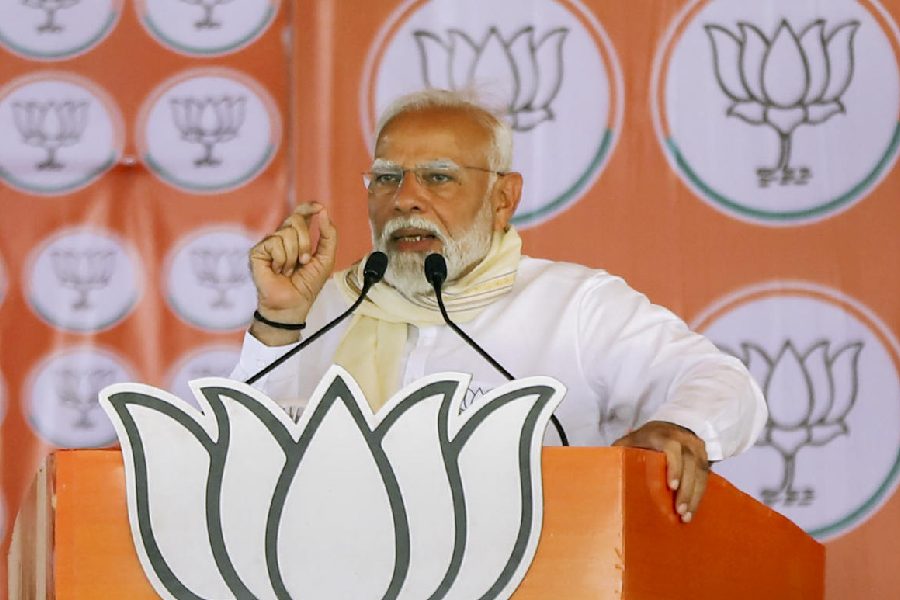Social distancing of entire populations may be inevitable for countries wishing to suppress the novel coronavirus, scientists have said in a study that has also predicted tens of thousands of deaths even with the strongest measures.
The study by Imperial College, London, has suggested that effective suppression of the epidemic would require a combination of four interventions — social distancing of entire populations, home isolation of positive cases and home quarantine of their family members and closure of educational institutions.
The coronavirus, reported by China to the World Health Organisation on December 31, 2019, has since then spread to 164 countries, infected 212,000 and killed over 8,700 people.
Epidemiologist Neil Ferguson and his colleagues who used mathematical models to predict coronavirus epidemic scenarios have shown that suppression — an effort to prevent an infected person from transmitting the virus to even one other person — is the “only viable strategy” at the current time.
Their description of social distancing of entire populations is: all households reduce contact outside household, school or workplace by 75 per cent, school contact rates remain unchanged, workplace contact reduced by 25 per cent and household contact increased by 25 per cent.
Their findings, intended to guide government policy makers, indicate that even the most effective alternative strategy of mitigation — an effort to slow the infection spread and reduce incidence and deaths — would lead to hundreds of thousands of deaths and overwhelm hospitals.
The most optimistic mitigation options — a combination of home isolation of positive cases, home quarantine of their family members, and social distancing of the elderly and people at the highest risk of severe disease — would lead to around 250,000 deaths in the UK and 1.1 million deaths in the US.
The scientists assumed an infection fatality ratio of 0.9 per cent with 4.4 per cent infections hospitalised and 30 per cent of hospitalised cases requiring critical care beds. Even under the best mitigation scenario, the peak demand for critical care beds in the UK would exceed surge limits by eightfold.
Under the combination of four interventions aimed at suppression, the predicted deaths in the UK fall to 39,000.
The study has shown that, for the UK, suppression would be best initiated early in the epidemic when the demand for critical care is around 200 per week and keep the demand for critical care below the UK’s surge limit capacity.
Scientists believe the study’s findings could have broad implications for India although they caution that it is too early to predict the behaviour of the virus in the country because there is no evidence for community transmission yet.
“The paper validates the social distancing measures implemented by India,” said Tarun Bhatnagar, a senior scientist at the National Institute of Epidemiology, Chennai, who is currently pursuing a study to model coronavirus scenarios in the country.
The findings underscore the need for appropriate timing of the mitigation measures, Bhatnagar said. There may be need to implement the mitigation measures more than once.
The Imperial College researchers have said the suppression strategies might need to be maintained until stocks of a vaccine are available to immunise the population, which could take at least 18 months.
“However, we emphasise that it is not at all certain that suppression will succeed long term,” Ferguson and his team said in their paper. “No public health intervention with such disruptive effects on society has been previously attempted for such a duration of time. How populations and societies will respond remains unclear.”












